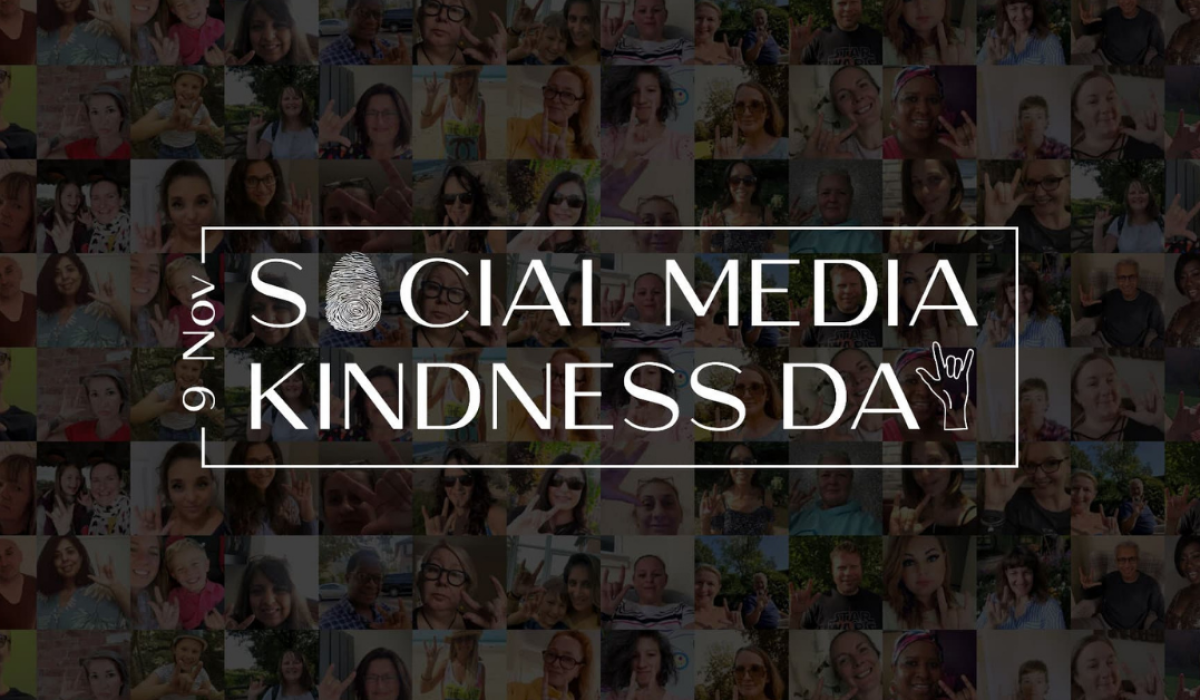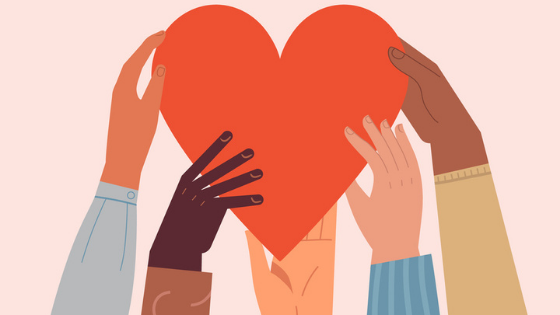Protecting ourselves online
So what can we do to stop it? How can we protect ourselves online? And should it be our responsibility to moderate the trolls? Four of the world’s largest social networks have gradually committed to improving their systems to stop online abuse on their platforms – Facebook, Google, Twitter and TikTok have signed up to a pledge led by the World Wide Web Foundation to tackle online violence. The pledge have implemented a number of changes to our online experience, including better reporting systems and stronger privacy settings.
It’s definitely a good start, but the heart of the problem with online abuse is the normalisation of critical commentary – people who share things online are often seen as ‘fair game’ by anonymous users, which leads to a disconnect between their online persona and them as a real life human being. The people leaving hateful comments online would likely never repeat these words face to face.
Getting the message out
There are lots of things we can do to spread a message of kindness online. On Social Media Kindness Day, you can share a reminder with your followers to consider their words before posting, using the hashtag #bekind. But it’s not just about that one day, so here are some longer-term changes you can make and tell others about, to make your online space a kinder place.
• Report any instances of hate speech, racism, sexism or bullying that you see. Even if you’re just idly scrolling the comments of a celeb’s latest post and come across something – report it. The more times something is reported, the more seriously it’s taken by the platform.
• If you see people you know or follow, or someone who follows you, behaving badly online, ask them to think about their words before posting. Particularly with online arguments, stepping in as a neutral presence can sometimes jolt people out of their rage and remind them that their words have weight.
• Consider your own content. You may think you have a squeaky-clean social media feed, but often hurtful comments can sneak through into our everyday content. Being snarky about someone’s appearance, saying you hated a TV show and tagging the star in your post or making fun of a reality star – these are all things that spread negativity online. Your throwaway comment might seem harmless to you, but someone who follows you could think differently.
• And finally, remember that the things you share can be seen by others. It’s easy to forget that when you post on a public platform, your content has the potential to be seen by millions of people. So don’t post anything that you wouldn’t happily share or say in real life. It’s a good rule to live by!
Spread the love
A fantastic way that you can help get involved this year is by taking a selfie of you doing the love sign. Posting the selfie on social media and tagging in 3 friends with the following words:
I’m supporting Social Media Kindness Day with my sign for love. Let’s all play our part to be kinder online. Are you with me [tag friend 1], [tag friend 2], [tag friend 3]? #SocialMediaKindnessDay
For other ways to get involved this year, follow the team behind Social Media Kindness Day on Instagram, Facebook and Twitter.






